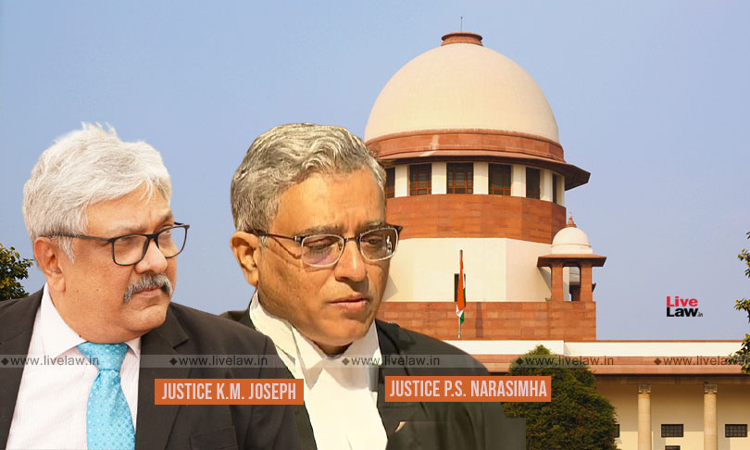Lis Pendens - Transfer Of Property Not Void Just Because It Is Made During Pendency Of Suit; But Subject To Outcome Of Case : Supreme Court
LIVELAW NEWS NETWORK
19 Jan 2022 10:49 AM IST

The Court further pointed out that the pleas of bona fide purchase or lack of notice are not defences available to the purchaser against the doctrine of lis pendens.
Next Story


